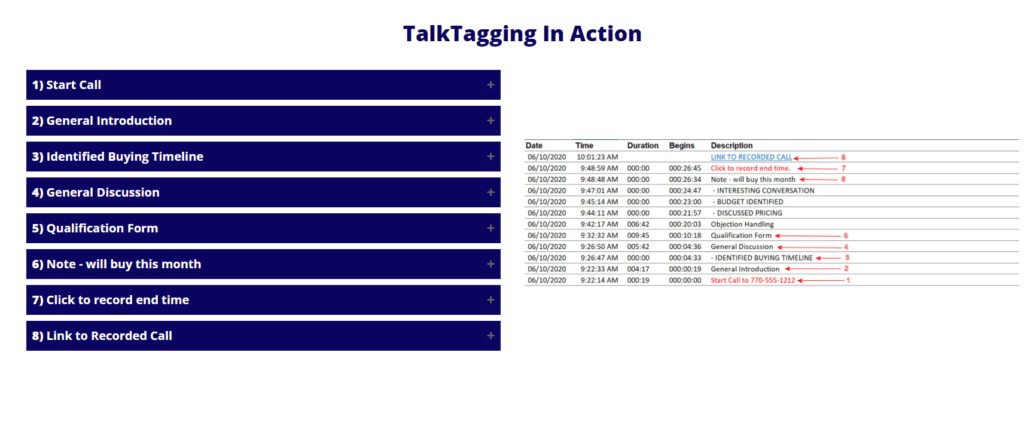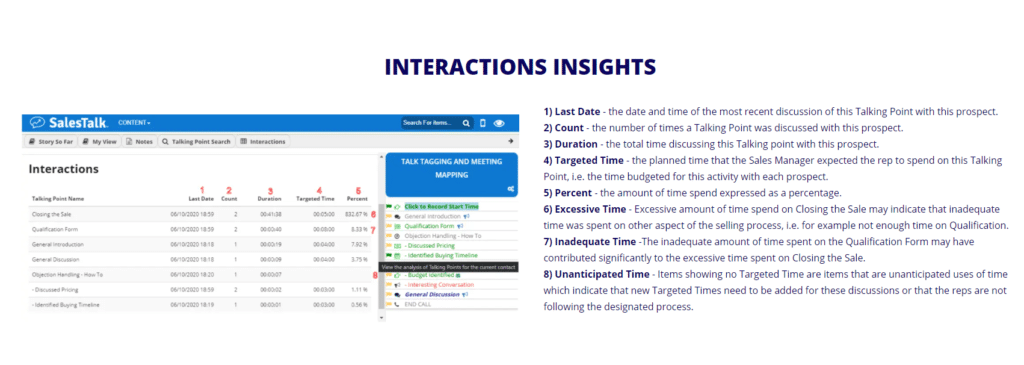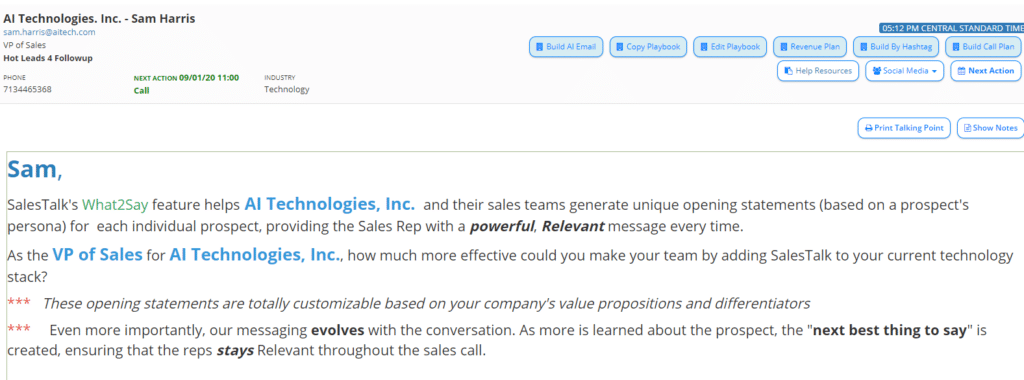Being in Sales Management has always been challenging . . . and ever more so in today’s Work-From-Anywhere environment, where our “ride alongs” with reps and in-person account reviews are a thing of the past. With almost every call being virtual today, Sales Managers are turning to other methodologies – like reviewing call recordings – to accurately know what is happening in the deals they need to make their commitments.
Effective utilization of Conversation Intelligence is helping Sales Managers overcome the obstacles of virtual management – actually making their job easier, making them more effective as coaches, and more dependable as “the sales team that always hits their quota.”
Consider the following statistics and challenges facing Sales Managers today:
- The average Sales Manager salary in the United States is $120,030 as of September 01, 2021, but the range typically falls between $101,604 and $141,034.
- For an ROI calculation, let’s assume $120,000 per year in salary for working 50 weeks – 2,000 hours: so, the Cost of the Sales Manager is $60 per hour.
- The average span of control for U.S. sales forces is 10-12 salespeople per manager, but there is wide variation around this average. Let’s assume 10 salespeople per manager.
- If the average sales rep spends 20 hours per week talking to prospects on recorded phone calls or virtual sales presentations, the sales manager has 200 hours of recorded sales calls per week to shift through to know what is going on in the pipeline that he is responsible for managing.
Here is how our Conversation Intelligence (CI) solution meets this challenge:
- We automatically create a list of the “Interactions That Matter” for the Sales Manager to review. Deals can be selected on any criteria: over $X, over Y% probability to close this period, etc. Assume that the creation of this focused criteria for review saves the Sales Manager 3 hours per week.
- We allow you to create a “Call Map” of all conversations of each sales rep by simply clicking on a description of the conversation subject. Sales Managers can quickly scan our Story-So-Far to see which conversations (recorded calls or video meetings) they want to listen to (or see) based upon the criteria in step one above. Sales Managers will select the Topics of Interest based upon the subject and the Duration of the Discussion, which willsave the Sales Manager 6 Hours Per week.
- Sales Managers can contextually make suggestions to the reps on how to move the Relevant Deals to close by using the Suggestions2U™ feature, which puts the suggestion(s) in the lead record, sends an email to the rep with the suggestion, and creates follow up list to discuss with the reps – automatically! Saving the Sales Manager an additional 3 hours per week.
The ROI of the proper technology is incredible:
SalesTalk’s Conversation Intelligence solution is only $59 per rep per month, so the monthly investment for SalesTalk to support the Manager’s 10 reps is $590. The 12 hours per month saved of the Sales Manager’s time is valued at $720 (12 hours at $60 per hour).
- A monthly investment of $590 for the whole team SAVES $720 per month in the salary cost of the Sales Manager who would have used this time on non-revenue producing admin functions!
- Imagine how much more revenue will be generated using Suggestions2U – and by the manager knowing which deals / conversations can be fine-tuned? Especially since they have been given an additional 12 hours per month to help close those deals!
- How much more revenue will the reps generate with the insights the Story-So-Far gives them?
Sales Teams using SalesTalk’s patented CI solution can see up to a 500% ROI given the improved effectiveness, efficiency, and enablement we provide. Want to take a test drive and see how SalesTalk can work for your team?




